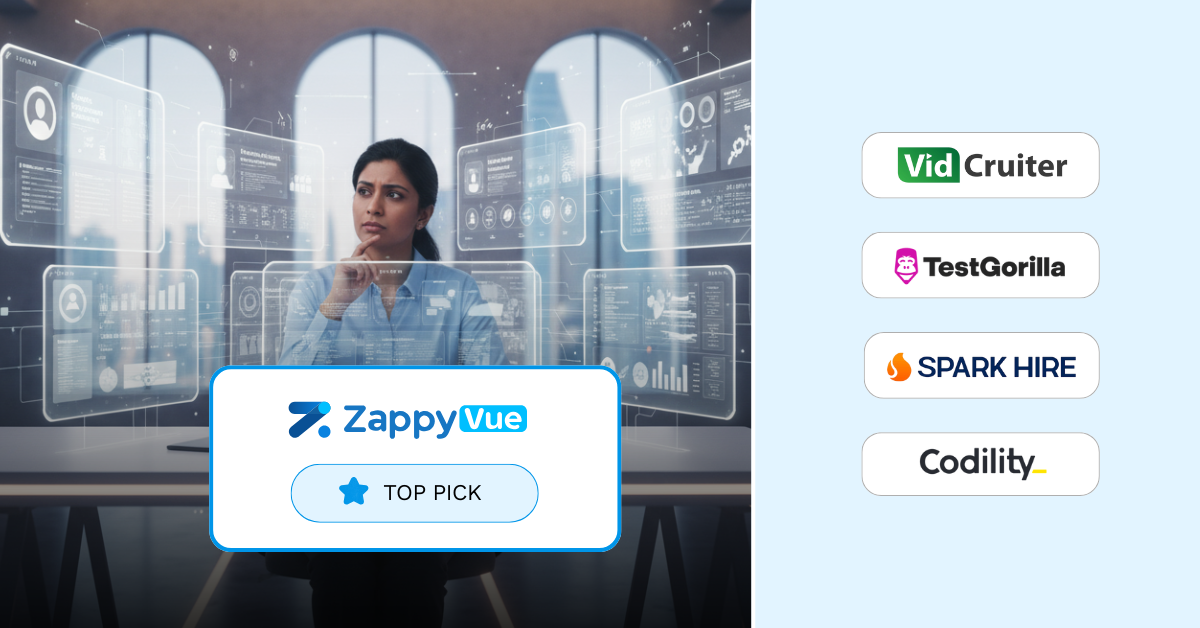
Hiring the right talent for your organization is crucial for its success and growth. However, finding the best fit for a role can be challenging and time-consuming. How do you know if a candidate has the skills, personality, and potential to thrive in your company culture? How do you avoid hiring mistakes that can cost you money, productivity, and reputation?
One way to improve your hiring process is to use predictive index assessments. These are tools that measure various aspects of a candidate’s behavior and cognitive abilities and provide insights into their fit for a specific job. Predictive index assessments can help you make data-driven decisions that reduce bias, increase efficiency, and enhance performance.
Let’s dive into what predictive index assessments are, how they work, and what benefits they can bring to your hiring process. We will also answer some common questions that candidates might have about taking these assessments.
What is a predictive index assessment?
A predictive index assessment is a type of psychometric test that evaluates a person’s behavioral and cognitive traits. There are two main types of predictive index assessments: the Predictive Index Behavioral Assessment (PIBA) and the Predictive Index Cognitive Assessment (PICA).
The PIBA is a free-choice, self-report questionnaire that measures four core behavioral drives: dominance, extraversion, patience, and formality. These drives influence how a person communicates, collaborates, leads, and adapts to different situations. The PIBA takes about 10 minutes to complete and generates a behavioral profile that describes a person’s natural and adapted behaviors, as well as their needs and motivators.
The PICA is a timed, multiple-choice test that measures a person’s general mental ability or cognitive aptitude. It assesses how quickly and accurately a person can learn new information, solve problems, and adapt to changing environments. The PICA takes about 12 minutes to complete and consists of 50 questions that cover numerical, verbal, and abstract reasoning skills. The PICA generates a score that indicates a person’s level of cognitive ability relative to others.
What is the purpose of predictive index assessments?
The purpose of predictive index assessments is to help employers find the best match between candidates and jobs. By using these assessments, employers can:
- Define the behavioral and cognitive requirements of each role or team
- Compare candidates’ profiles and scores with the job targets
- Identify candidates who have the highest potential for success
- Conduct more focused and relevant interviews based on the assessment results
- Provide feedback and coaching to candidates and employees based on their strengths and areas for improvement
However, predictive index assessments are not meant to replace other methods of evaluation, such as resumes, interviews, or references. They are meant to complement them and provide additional data points that can enhance the quality and accuracy of hiring decisions.
What are the benefits of predictive index assessments?
Increased predictive accuracy: Predictive index assessments are scientifically validated and proven to predict job performance better than other methods. They can help reduce bias and human error in hiring decisions and increase the likelihood of finding the right fit.
Improved efficiency: Predictive index assessments are easy to administer and score online. They can help streamline the hiring process by reducing the number of candidates who need to be interviewed or tested further. They can also help save time and resources by avoiding bad hires or mismatches.
Enhanced engagement: Predictive index assessments can help improve employee engagement by aligning their behaviors and motivations with the job expectations and culture. They can also help foster better communication and collaboration among teams by increasing awareness of each other’s behavioral styles and preferences.
Increased retention: Predictive index assessments can help reduce turnover by increasing employee satisfaction and loyalty. They can also help identify potential issues or conflicts before they escalate and provide solutions or interventions to address them.
Can you fail a predictive index cognitive assessment?
No, there is no passing or failing score for a predictive index cognitive assessment. The score is relative to the job level and industry norms. For example, a score of 20 may be considered high for an entry-level position, but low for a senior management role. The score also depends on the cognitive demands of the job. For example, a job that requires advanced analytical skills may have a higher score requirement than a job that requires basic numerical skills.
What does the predictive index tell employers?
The predictive index tells employers how well a candidate matches the behavioral and cognitive requirements of a job. By comparing the candidate’s profile and score with the job target, employers can see how likely the candidate is to perform well in the role. The predictive index also helps employers understand how to motivate, manage, and develop candidates once they are hired.
Predictive index assessments are not the same as traditional tests or interviews. They are not meant to judge or rank candidates based on their scores, but rather to help employers understand their strengths, weaknesses, motivations, and preferences. By using predictive index assessments, employers can make more informed and objective hiring decisions, reduce turnover, increase performance, and enhance employee engagement.
How can a candidate prepare for predictive index assessments?
If you are invited to take a predictive index assessment as part of your job application process, you might wonder how you can prepare for it. Here are some tips that can help you:
For the PIBA: Be yourself. There is no right or wrong answer to this assessment. It is not a test of your personality or character, but rather a measure of your natural behavioral tendencies. Try to answer honestly and spontaneously based on your first instinct. Do not overthink or try to guess what the employer is looking for.
For the PICA: Practice your skills. This assessment is designed to measure your cognitive ability under time pressure. You can improve your performance by practicing your numerical, verbal, and abstract reasoning skills with similar questions or tests online. You can also familiarize yourself with the format.
Final Thoughts
Predictive index assessments are not meant to replace human judgment or other aspects of the hiring process. They are designed to supplement them and provide additional information that can help employers make better hiring decisions.
If you want to leverage the predictive accuracy of your hiring process, you should consider using predictive index assessments. They can help you find the best talent for your organization and optimize your talent strategy.
Recommended Article
The Ins And Outs Of Structured Interviews – Everything You Need To Know





